'Isolation is a revelation... there’s the time to see in depth what, before, we’ve only caught in passing'
Country Life's mystery columnist Agromones finds the silver lining in self-isolation.

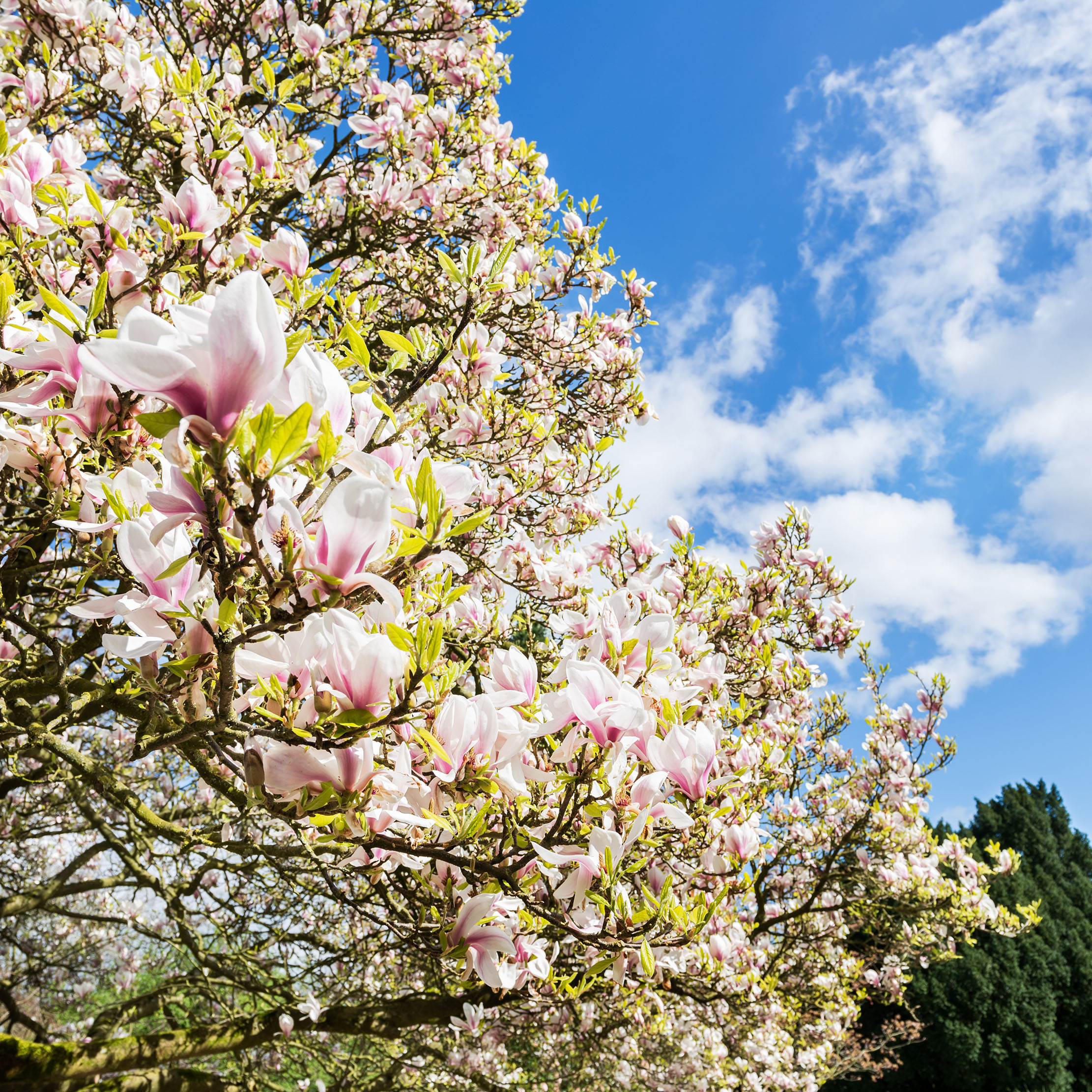
Hunkered down at home in the country, only the two of us, I’ve never seen the spring as I’ve seen it this year. No engagements, no meetings, no agricultural or any other conferences and, much more sadly, no parties: Covid-19 has driven us to isolation and it’s a revelation.
We haven’t moved house, but, for nearly three weeks, we’ve looked out on our very local world wholly differently. Yes, the magnolias have blossomed as they always do at this time of year, but we’ve inspected every stage of their blossoming: the beginnings, as the buds start to break, then the odd individual forward bloom opening to its fullness, then more and more of them until the whole avenue is ablaze with the heavy white flowers.
These magnolias have been a source of joy since we planted them more than 20 years ago, but with all the rushing about of normal life, they’ve been enjoyed as the odd passing snapshot, the moment of admiration. This year, the whole wonderful process has been my daily study.
Forced to look by self-isolation, I’m beginning to see what I’ve been missing—not only with the magnolias, but the flowering cherries, the daffodils, now the hyacinths and soon the tulips. They’ve always been a much-loved and hurriedly tended backdrop to our busy lives; now, they’re front and centre as the rest of the world is increasingly shut out.
Coronavirus has changed our perspective. In depriving us of outside contact, it has opened up the nearer world that we’ve not had the time properly to appreciate. I’m beginning to understand more personally Wordsworth’s poem:
The world is too much with us; late and soon, Getting and spending, we lay waste our powers: Little we see in Nature that is ours; We have given our hearts away, a sordid boon!
Or, as my father would often quote, W. H. Davies’s simple formulation:
A poor life this if, full of care, We have not time to stand and stare.
To stand and stare at the muntjac, nosing its way down to the river; the green woodpecker happily digging at the lawn; even the blue tit flying off, gorged to the full, having attacked the new glazing putty in the drawing-room window — we’ve seen it before, but not watched it properly, savouring each moment, almost participating, because, before, there was always something more urgent to do, somewhere else to go, somebody crucial to meet.
Exquisite houses, the beauty of Nature, and how to get the most from your life, straight to your inbox.
Of course, we’re not merely lazing about. There’s the writing and the preparation, the tele-conferences, the telephones and FaceTime, but it’s all scheduled and to the point. Somehow, virtual communication is automatically more succinct. Without the travel and the wasted hours inherent in the hustle and bustle of human contact, there’s the time to see in depth what, before, we’ve only caught in passing.
Aren’t we country people fortunate to have this chance? We wouldn’t have chosen it and, doubtless, corona-virus frightens us as much as it frightens everyone else, but rural lock-down can be rich and rewarding. Being cooped up in an urban flat asks a resilience and discipline — much undervalued virtues nowadays — that the countryside does not demand. We should be grateful for our auspicious state.
However, saying thank you increases our appreciation of the gift. If, as seems likely, we’re in this for the long haul, a bit of old-fashioned wisdom, of counting our blessings, could, for many of us, turn self-isolation into a rewarding experience. In any case, we’re much more likely to get through all this by trying to make it so.
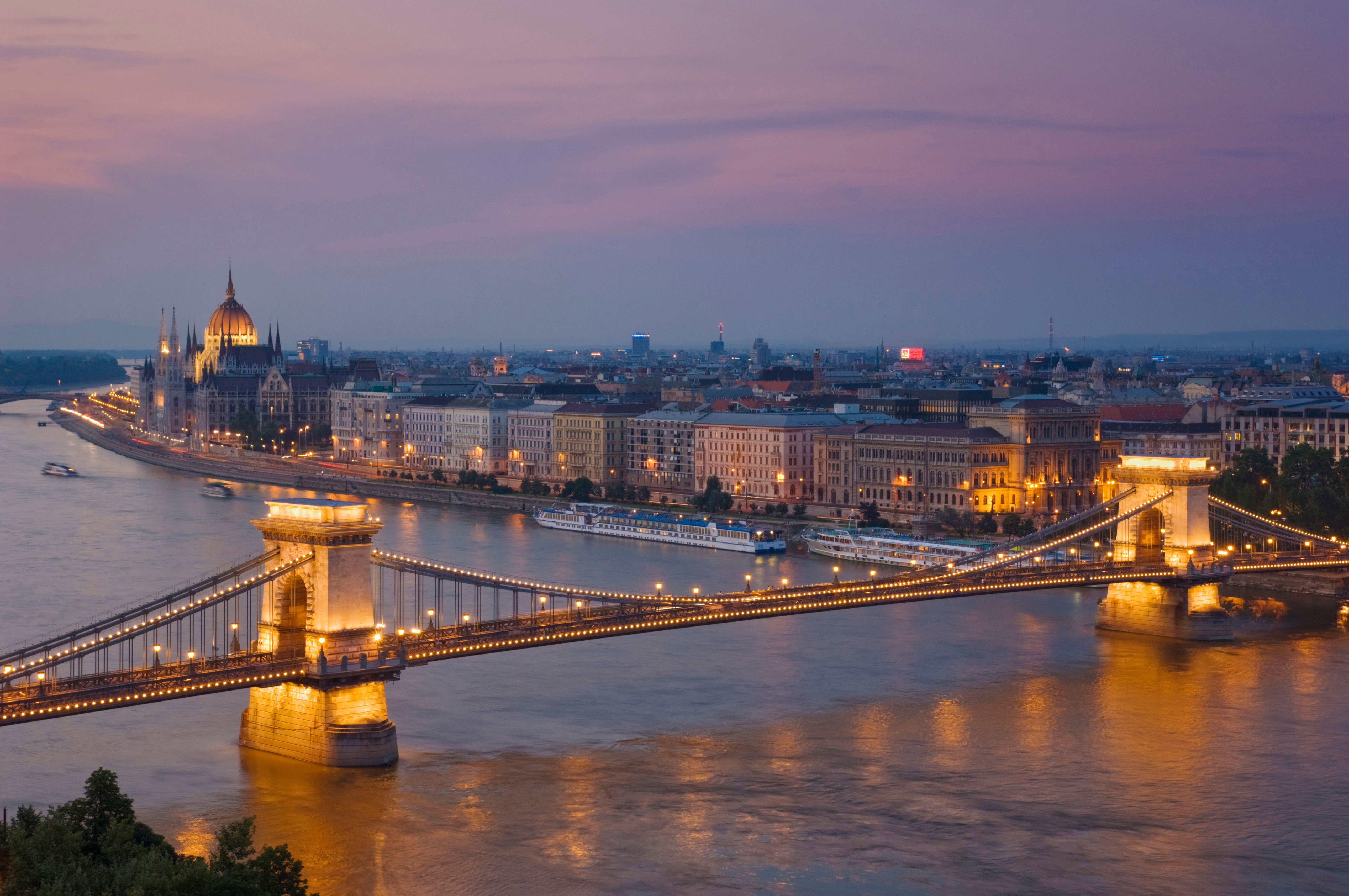
Jason Goodwin: In memory of Norman Stone, my tutor, guide, world traveller — and friend
Jason Goodwin pays tribute to an old friend and mentor.
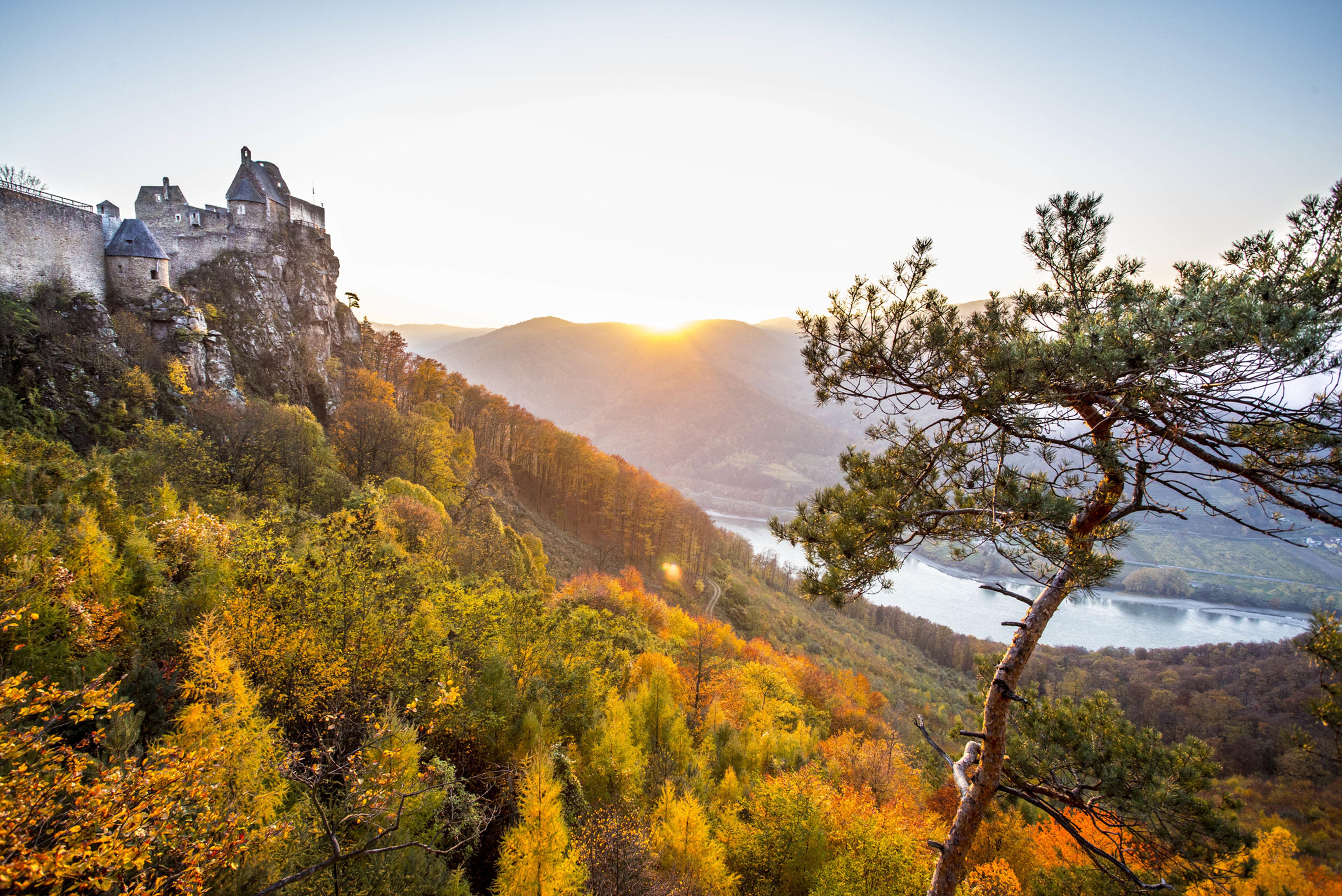
Jason Goodwin: 'Politicians need historians as much as kings need minstrels'
Jason Goodwin undertakes a family cycle ride along the Danube.
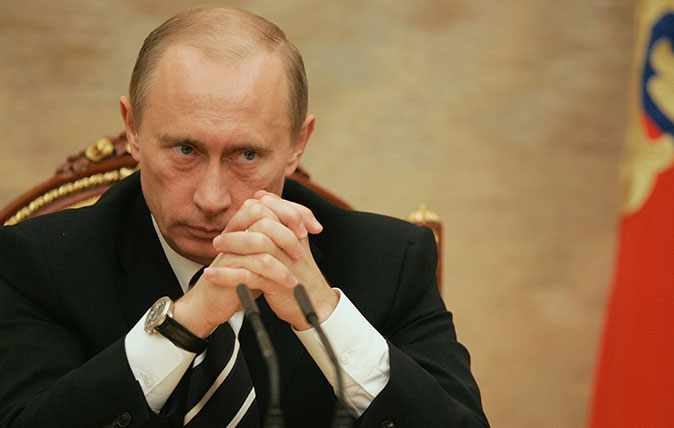
Credit: Alamy
Jason Goodwin: On wardrobes, spontaneous combustion and burning Vladimir Putin
Our columnist takes his life into his own hands by witnessing the ceremonial destruction of Russian premier Vladimir Putin.
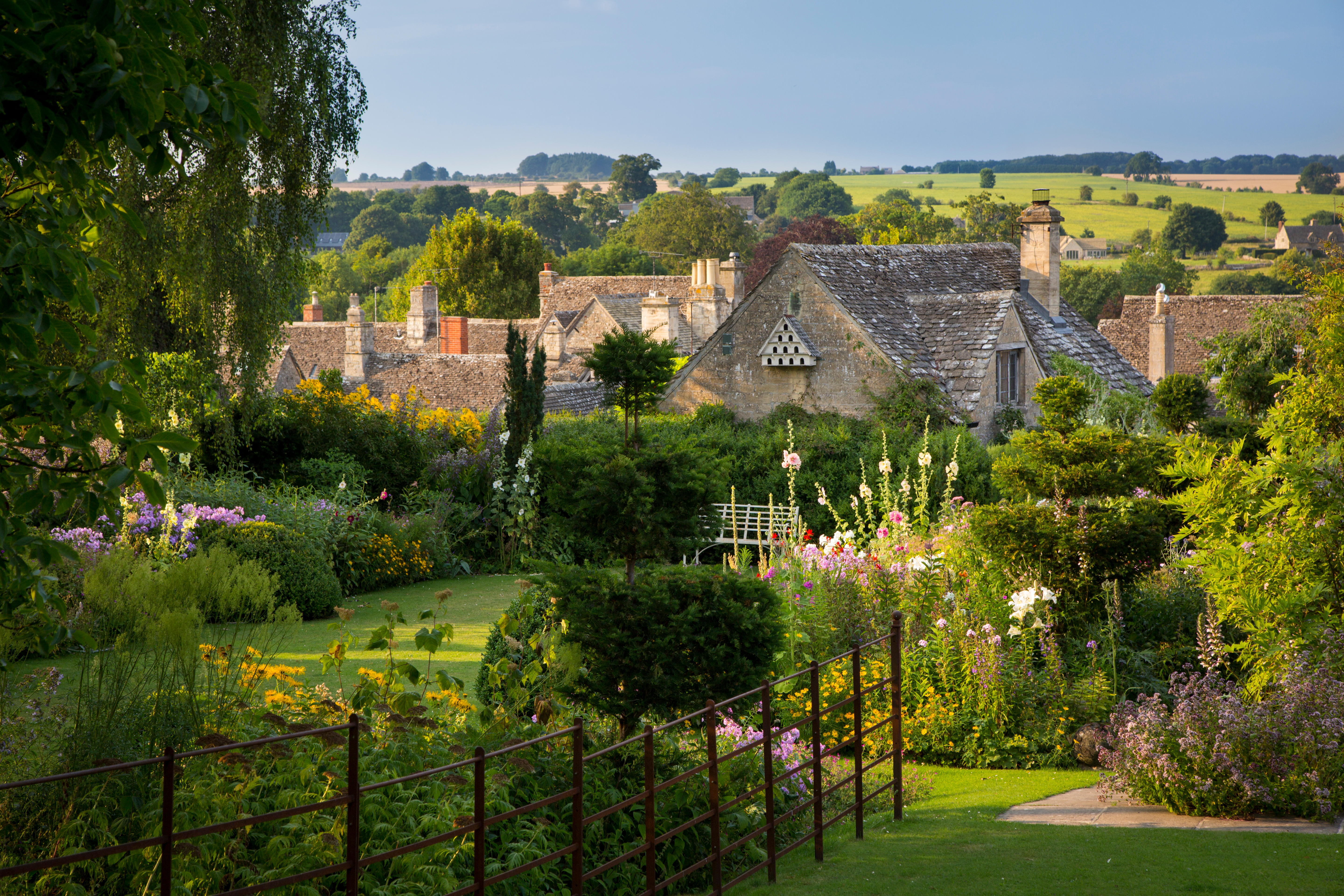
Jonathan Self: 'Tend your vines and crush the horror'
Jonathan Self has turned his eyes inward during social isolation – not just to his mental health, but to his garden.
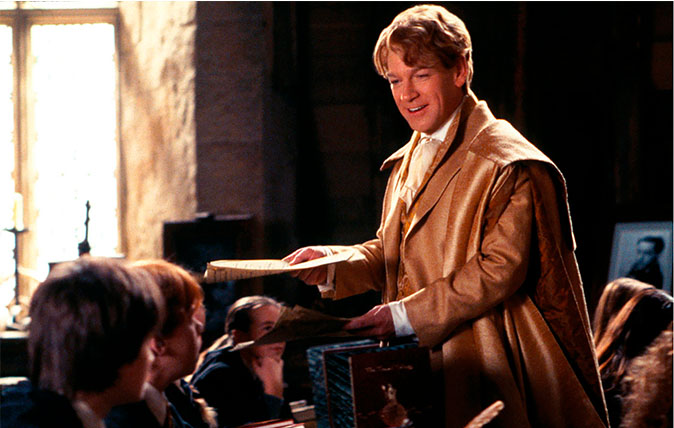
Credit: Alamy
Jason Goodwin: 'Our headmaster was more Gilderoy Lockhart than Dr Arnold'
The graduation ceremony of Jason Goodwin's son reminds our columnist of the latin prayers which were so prolific in his
Country Life is unlike any other magazine: the only glossy weekly on the newsstand and the only magazine that has been guest-edited by His Majesty The King not once, but twice. It is a celebration of modern rural life and all its diverse joys and pleasures — that was first published in Queen Victoria's Diamond Jubilee year. Our eclectic mixture of witty and informative content — from the most up-to-date property news and commentary and a coveted glimpse inside some of the UK's best houses and gardens, to gardening, the arts and interior design, written by experts in their field — still cannot be found in print or online, anywhere else.
